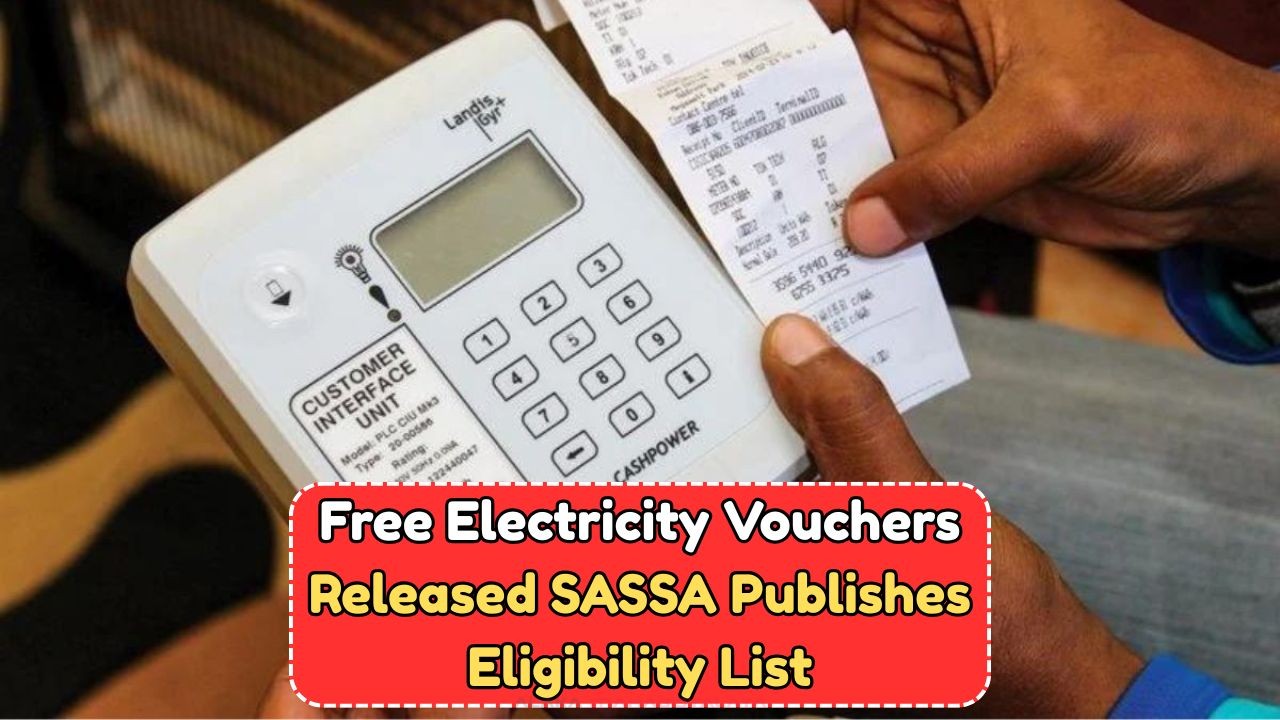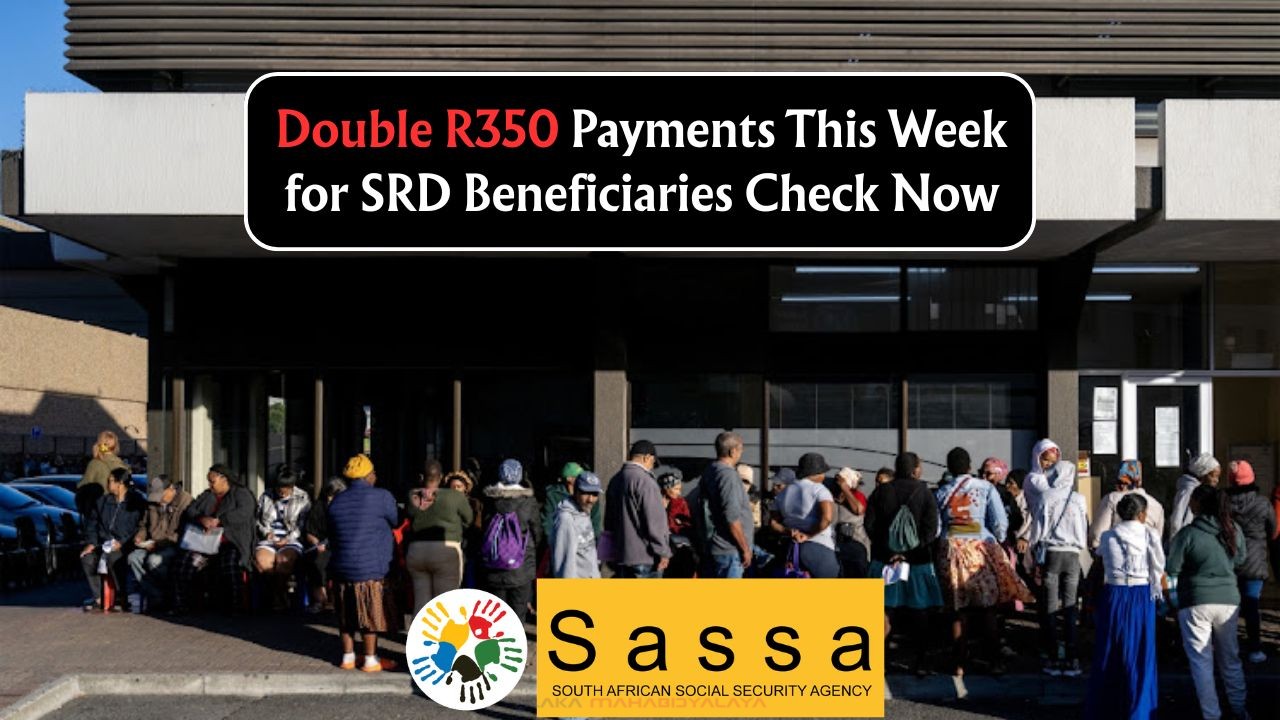Why SASSA Grants Seem Smaller in 2025: In South Africa, many citizens rely on the South African Social Security Agency (SASSA) grants to meet their daily needs. However, as 2025 unfolds, beneficiaries are noticing that their grants seem smaller than expected. The culprit? Increasing bank fees. With financial institutions adjusting their fee structures, a significant portion of these essential grants is being absorbed by transaction costs. For many South Africans, this reduction in disposable income is causing concern, especially in a context where every rand counts. Understanding the dynamics between bank fees and grant amounts is crucial for beneficiaries seeking to manage their finances effectively.
The Impact of Bank Fees on SASSA Grants
Bank fees have become a substantial factor impacting the value of SASSA grants in 2025. As banks revise their fee structures, beneficiaries find themselves receiving less than what they anticipated. For instance, transaction fees, ATM withdrawal charges, and maintenance fees can cumulatively reduce the effective amount that reaches the hands of those in need. This issue is compounded by the fact that many SASSA beneficiaries are from low-income households, making them particularly vulnerable to these financial shifts. The necessity to withdraw cash for daily expenses further exacerbates the situation, as ATM fees bite into their limited funds. To illustrate, a person receiving a R1,890 old age grant may find that after deducting bank fees, they are left with significantly less than anticipated.
- Transaction fees for electronic transfers
- ATM withdrawal charges
- Monthly account maintenance fees
- Penalty fees for insufficient funds
- Cross-bank transaction fees
- Fees for paper statements
- Service charges for branch visits
Strategies to Minimize Bank Fees for SASSA Beneficiaries
Beneficiaries can adopt several strategies to minimize the impact of bank fees on their SASSA grants. One approach is to opt for bank accounts specifically designed for low-income earners, which often feature reduced fees. Additionally, beneficiaries can limit the number of transactions they conduct each month to avoid extra charges. Another useful tactic is to use digital banking services, which typically have lower fees than traditional banking services. Importantly, comparing various banks’ fee structures and choosing the most cost-effective option can lead to substantial savings.
| Bank | Monthly Fee | Withdrawal Fee | Electronic Transfer Fee |
|---|---|---|---|
| Bank A | R50 | R6/transaction | R4/transaction |
| Bank B | R40 | R5/transaction | R3/transaction |
| Bank C | R45 | R7/transaction | R5/transaction |
| Bank D | R35 | R6/transaction | R2/transaction |
How SASSA is Addressing the Bank Fee Challenge
SASSA is actively seeking solutions to address the impact of bank fees on grant beneficiaries. Recognizing the financial strain these fees impose, SASSA is exploring partnerships with financial institutions to create more affordable banking options for grant recipients. This initiative aims to introduce zero-fee or low-fee accounts that can help beneficiaries retain more of their grant money. Furthermore, SASSA is enhancing its financial literacy programs to educate beneficiaries about managing their funds more effectively and making informed decisions about banking options.
- Negotiating lower fee structures with banks
- Introducing financial education workshops
- Encouraging the use of digital banking tools
- Exploring mobile banking solutions
- Providing support for budgeting and financial planning
- Facilitating community-based financial advice centers
The Role of Financial Education in Empowering Beneficiaries
Financial education plays a crucial role in empowering SASSA beneficiaries to manage their grants effectively. By understanding how bank fees work and how to minimize them, beneficiaries can make more informed decisions about their financial transactions. Educational workshops and resources provided by SASSA and partner organizations can enhance financial literacy, enabling beneficiaries to navigate the banking system more confidently. Moreover, by equipping recipients with knowledge about budgeting and saving, SASSA aims to help them stretch their grants further and achieve greater financial stability.
Common Bank Fees Affecting SASSA Grants
Several common bank fees significantly affect the value of SASSA grants, diminishing the net amount beneficiaries receive each month. These fees include ATM withdrawal charges, monthly account maintenance fees, and charges for using other banks’ ATMs. Understanding these fees and choosing banking services wisely can help beneficiaries maximize their grant income.
- ATM withdrawal charges
- Monthly account maintenance fees
- Charges for using other banks’ ATMs
- Electronic transfer fees
Comparing Banks for Best Options
Comparing banks is essential for SASSA beneficiaries seeking to maximize their grants. By evaluating different banks’ fee structures, beneficiaries can find accounts that offer the best value and lowest fees. Many banks provide special accounts for low-income earners or those who receive social grants, which can significantly reduce banking costs.
- Evaluate monthly fees and charges
- Look for accounts tailored to low-income earners
- Consider digital banking as an alternative
- Check for fee waivers or discounts
FAQ: SASSA Grants and Bank Fees
What are the main bank fees affecting SASSA grants?
ATM withdrawal charges, monthly account maintenance fees, and electronic transfer fees are the main bank fees impacting SASSA grants.
How can beneficiaries reduce bank fees?
Beneficiaries can reduce bank fees by choosing low-fee accounts, using digital banking services, and limiting transactions.
Is SASSA doing anything to help reduce these fees?
SASSA is exploring partnerships for low-fee accounts and enhancing financial literacy programs to help beneficiaries manage their grants better.
Are there specific banks with lower fees for SASSA beneficiaries?
Yes, some banks offer special accounts for low-income earners and social grant recipients, which feature reduced fees.
What role does financial education play in managing SASSA grants?
Financial education helps beneficiaries understand bank fees, manage their finances, and make informed banking decisions.
Departmental Contact Details
- Department of Social Development
- Email: [email protected]
- Helpline: 0800 60 10 11
- Official SASSA Website
- Office Hours: Monday to Friday, 8 AM to 5 PM






